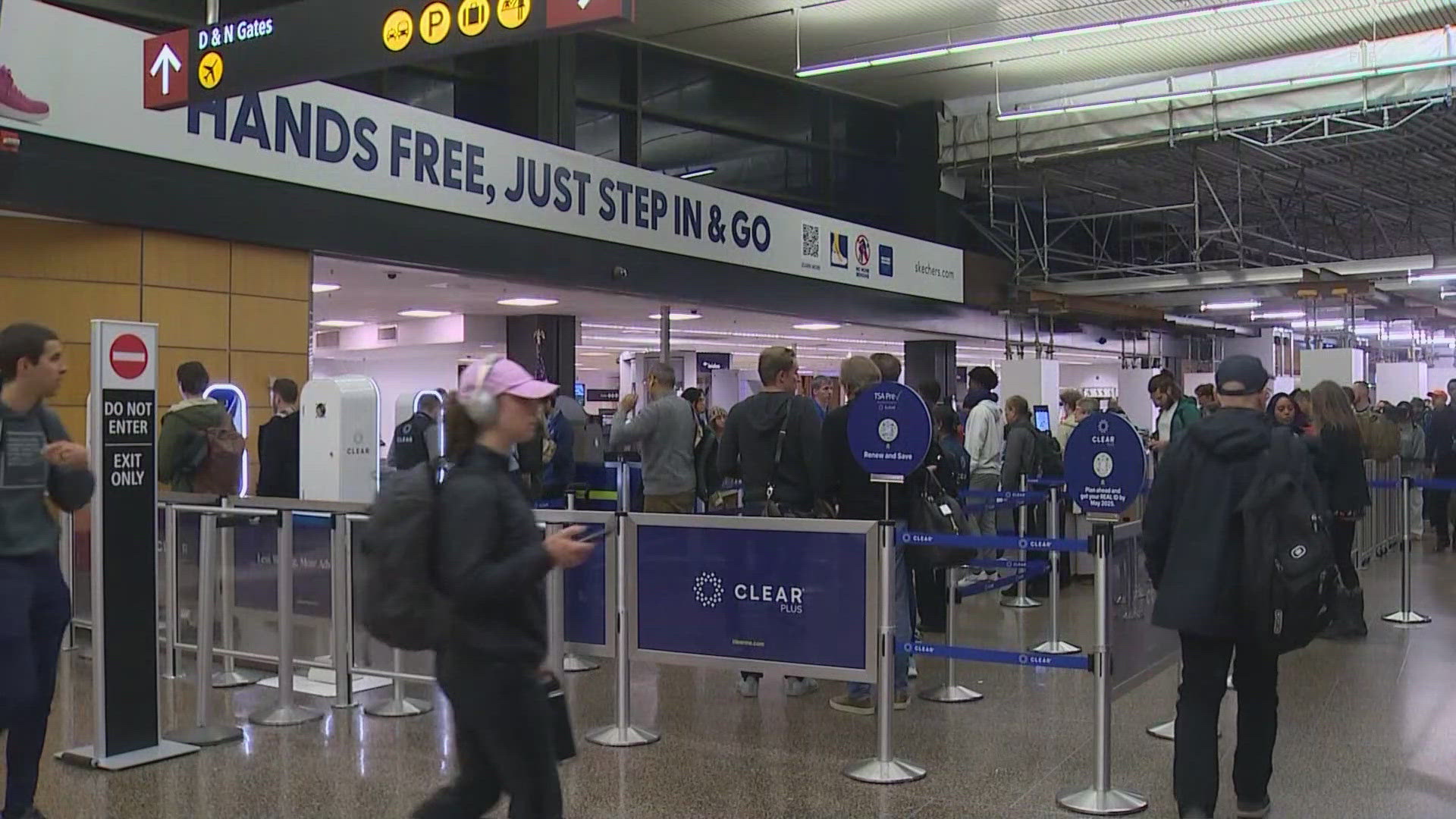SEATTLE — It's high travel season right now, just as measles cases are on the rise.
The U.S. confirmed 1,288 cases so far this year — the highest number since the virus was considered eliminated back in 2000.
It's a scenario that can be concerning for families traveling with small children who can't get immunized yet.
Despite a decline in measles vaccination rates in recent years, most adults are already immunized against the highly contagious virus.
But there's a small group who can't yet get the measles mumps and rubella vaccine until they're a little older: infants.
And if families need to travel — whether it's for vacation or necessity — babies face some risk due to higher levels of the measles.
"More cases now than have been the case for more than 35 years," said Dr. Frank Bell, a pediatric infectious diseases physician at Providence Swedish in Seattle.
"The fact that measles is so contagious and can be so serious means even a small risk is one that I think you needs to be taken seriously," Bell added.
The CDC recommends children at age 1 can begin their routine MMR immunization schedule. Children as young as 1 to 4, have yet to get their second round of the MMR shot, based on the recommended vaccine schedule.
"The reason why we wait until age 1 year is that younger infants, and certainly under the age of 6 months, tend to be protected and certainly historically have been protected from the antibody they have received from their mothers," Bell explained. "So we wait until 12 months to give the measles vaccine, the MMR vaccine, because we know that it is less effective when given to younger infants."
But there are exceptions. Babies who are six months and older who may be exposed to high-risk areas can get an early shot -- something that would need to be discussed with a doctor.
"In general, it's not a bad idea if you're traveling with a family," Bell noted.
But that still leaves newborns younger than six months vulnerable. While it rarely leads to death, a measles infection is especially dangerous for unvaccinated babies, who, with their underdeveloped immune systems, face higher risk for severe complications like swelling of the brain, and pneumonia.
"I think it's just so important for everybody to think about measles and know that this isn't something that's trivial, it's not something that is gone. It's very much here with us," Bell said.
Also to consider while making travel plans, Bell said a child would typically need at least two weeks to build-up immunity for the MMR vaccine to work.

